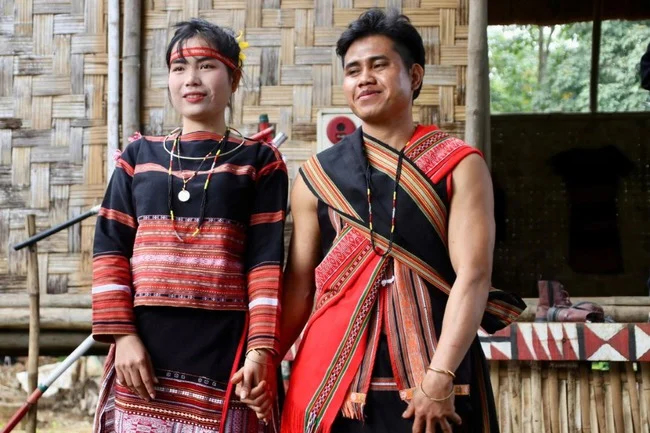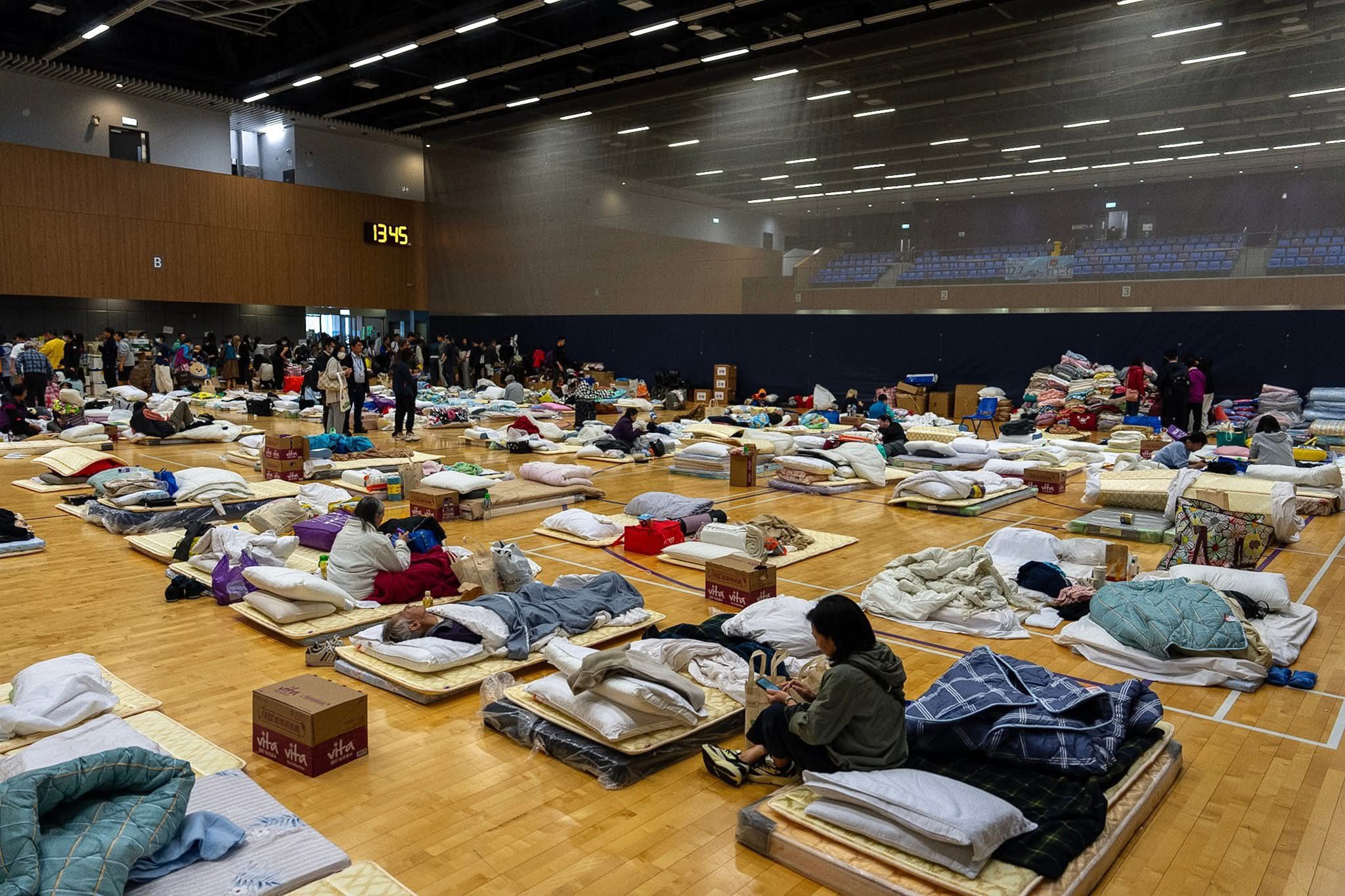Joaquim Magalhães de Castro
The wave of unprecedented anti-government demonstrations and protests that, from spring 2022, shook Sri Lanka, a nation of 22 million people, may have slowed down significantly, but economic problems, inflation and shortages of fuel and medicine continue to be everyday problems with no solution in sight.
Those who had the financial and professional means to do so have already left the country. For example: almost a thousand doctors have moved to other destinations over the last 12 months; the same happened to many professionals in engineering and other scientific areas. The Catholic Church has always been at the forefront, warning of the worsening economic crisis, the weakening of the middle class and the tragic condition of the most disadvantaged. At the height of the crisis, there were even those who did not have access to basic food and struggled daily for survival, as was the case with certain Catholic communities. A UNICEF report mentioned 2.3 million children in Sri Lanka in need of nutritional assistance.
At this time, and after multibillion loans from international institutions that artificially stabilized the country financially, Sri Lanka is fighting for economic and social recovery. However, the problem continues to be the lack of sincere and effective political reforms and the persistent economic difficulties that continue to hurt the population and at any time could generate new demonstrations and new street clashes.
Speaking to the Fides news agency, Father Basil Rohan Fernando, priest of the Archdiocese of Colombo and National Director of the Pontifical Mission Societies in Sri Lanka, could not be more clearer: “We are in a relentless struggle to overcome the crisis; there are still many people in extreme poverty”. Therefore, overcoming selfishness, opting for sharing and national solidarity is the only way forward. “Many young people, especially students, demand a change of government in order to guarantee a better future. Thinking of them, we all have a duty to work to guarantee a dignified life for all citizens,” says the Sinhalese cleric of Portuguese origin.
Furthermore, the concerns of the Christian community, the different ways of facing the economic and political crisis, the contribution of the different religious communities to the common good, truth and justice were themes that were at the center of the conversation that took place in October last year between the recently-elected President of Sri Lanka, Ranil Wickremesinghe, and the Bishop of Kurunegala and President of the Episcopal Conference of Sri Lanka, Harold Anthony Perera, also of Portuguese descent.
What Happened: A Timeline of the Tragic 2019 Easter Bombings in Sri Lanka
- On April 21, 2019, a series of coordinated suicide bombings occurred in Sri Lanka, targeting three churches and three luxury hotels in the commercial capital, Colombo.
- The attacks were carried out by members of a local Islamic extremist group affiliated with the Islamic State of Iraq and Syria (ISIS).
- A total of 279 people were killed in the attacks, and over 500 were injured.
- The Sri Lankan government initially faced criticism for its handling of the attacks, with concerns raised about intelligence failures and delays in the response to the attacks.
- The government later admitted to having received multiple warnings about the possibility of such attacks in the weeks leading up to the Easter bombings.
In the turmoil of this very strong and long socio-political storm, however, some good news appears. In a landmark ruling handed down on January 13, the Sri Lankan Supreme Court found that the former President of Sri Lanka, Maithripala Sirisena, and four other senior officials were negligent in failing to take the necessary preventive measures to prevent the infamous 2019 Easter Sunday terrorist attacks that claimed the lives of 279 people.
On April 21 of that year, three churches and three luxury hotels in the commercial capital, Colombo, were the target of a series of suicide terrorist attacks coordinated and carried out by members of the Islamic State. Later that day, smaller explosions occurred at a housing complex in Dematagoda and a guesthouse in Dehiwala. Maithripala Sirisena, 71, was ordered to pay compensation of 100 million rupees (US$273,000) to the families of the victims who filed the case at the Supreme Court. Some former heads of the police, secret services and the Ministry of Defense of Sri Lanka were also held accountable and forced to pay compensation to the victims’ families.
This is the first time that a Sri Lankan head of state has been held accountable for failing to prevent a terrorist attack. The verdict, as expected, was received with great satisfaction among the Sri Lankan population, especially within the Catholic community, the most targeted by the bloody attacks and the one that, from the beginning, criticized the “inadequate investigation by the Government” in what concerns the attacks on what is already known as “Bloody Easter”, having taken the initiative to ask the United Nations for an international investigation.
“As a Catholic Church, we have always demanded and will continue to demand truth, justice and accountability. We have the right to know who were the instigators and what were the unstated objectives of these attacks,” said Father Basil Rohan Fernando to Fides agency. “An important step towards justice has been taken. In recent years, we have been close to the families of the victims of the attacks and we always try to support them in this arduous journey of recovery”.


 Follow
Follow


